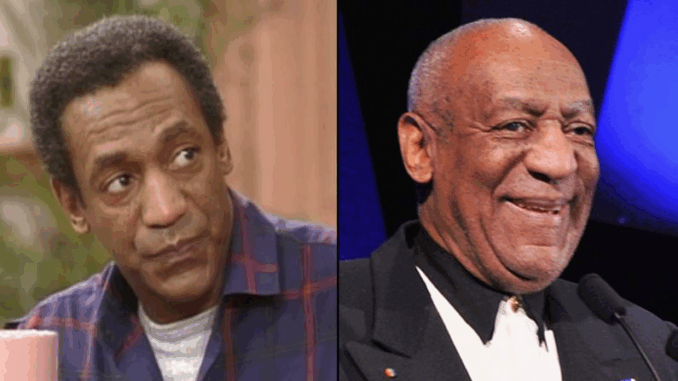
For eight seasons, The Cosby Show reigned supreme on television, shaping a generation and redefining the American sitcom. But while the series ended in 1992, its cast members continued to grow, evolve, and contribute to the arts in meaningful ways. From acting and directing to philanthropy and advocacy, the stars of the show built careers that extended far beyond the walls of the Huxtable household.
Phylicia Rashad: From TV Mom to Theater Royalty
Following her iconic portrayal of Clair Huxtable, Phylicia Rashad remained a commanding presence in both television and theater. She became a celebrated stage actress, particularly in August Wilson productions, earning a Tony Award in 2004 for A Raisin in the Sun—the first Black actress to win for Best Actress in a Play. In recent years, Rashad has taken on leadership roles in arts education, currently serving as Dean of the College of Fine Arts at Howard University, her alma mater. Her graceful transition from television to the theater world reflects her remarkable versatility and commitment to Black excellence in the arts.
Malcolm-Jamal Warner: A Career in Music and Direction
Malcolm-Jamal Warner, who played Theo Huxtable, avoided the pitfalls that often accompany childhood fame. Instead, he successfully transitioned into behind-the-camera work, directing episodes of shows like The Fresh Prince of Bel-Air and Malcolm & Eddie. In addition to acting, Warner found a voice in poetry and jazz, releasing several spoken word and music albums. He currently stars in The Resident and continues to be a thoughtful voice on issues of race, representation, and mental health.
Keshia Knight Pulliam: A Young Star Grown Up
As Rudy Huxtable, Keshia Knight Pulliam was one of the youngest actors ever nominated for an Emmy. After the show, she continued to act in both film and TV, including roles in Tyler Perry’s House of Payne and independent films. Beyond acting, Pulliam has been involved in several philanthropic initiatives, particularly those focused on women’s empowerment and mentorship for young girls. She also holds a degree in sociology from Spelman College.
Tempestt Bledsoe: From Sitcom Star to Talk Show Host
After her role as Vanessa, Tempestt Bledsoe continued her work in television, appearing in numerous sitcoms and even hosting her own daytime talk show, The Tempestt Bledsoe Show, in the mid-1990s. She has voiced characters in animation and reunited with her Cosby Show co-stars in later projects. Bledsoe has maintained a relatively private life, yet remains a symbol of level-headed success for former child actors.
Lisa Bonet: Style Icon and Indie Spirit
Lisa Bonet’s artistic independence set her apart early. Her portrayal of Denise Huxtable made her a teen icon, but her edgy fashion sense and career choices showed she had no interest in playing by Hollywood’s rules. Bonet starred in provocative films like Angel Heart, and later took a step back from mainstream media. In recent years, she returned to the spotlight through her relationship with actor Jason Momoa and her support for environmental and indigenous causes. Bonet continues to be admired for her authenticity and refusal to conform to industry expectations.
Sabrina Le Beauf: From Screen to Stage
Sabrina Le Beauf, who played Sondra, pursued theater roles after the end of the series. A classically trained actress with a Yale drama degree, she became a respected Shakespearean performer and a voice in the world of interior design. Le Beauf has largely stayed out of the limelight, but her contributions to the arts continue quietly and meaningfully.
A Legacy of Impact
While the cultural legacy of The Cosby Show is forever complicated by the legal downfall of its lead actor, the work of the rest of the cast stands apart. These performers helped build one of the most influential television families in history—and many of them have gone on to lead lives rooted in creativity, advocacy, and integrity.
More than three decades after The Cosby Show first aired, its cast remains a testament to resilience, artistic growth, and the enduring power of representation. As individuals, they continue to inspire, reminding us that the impact of television can reach far beyond the screen.
